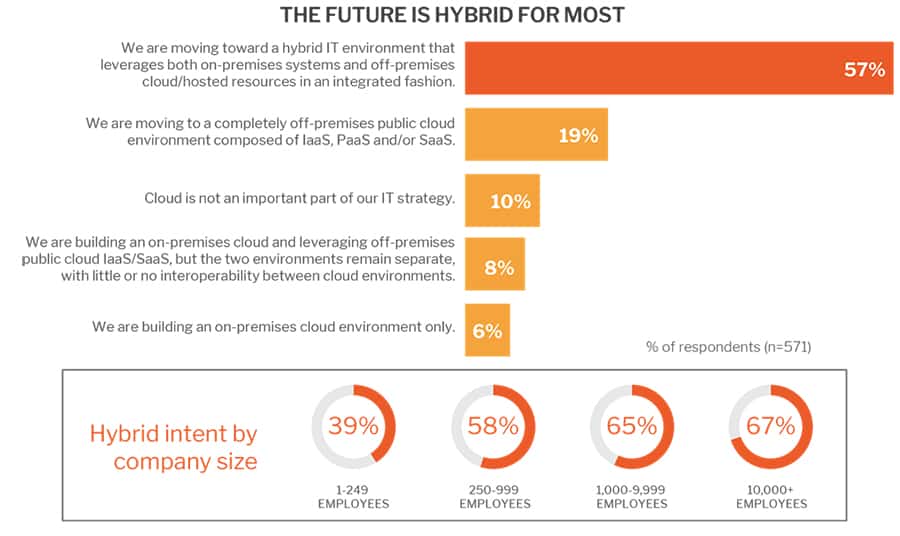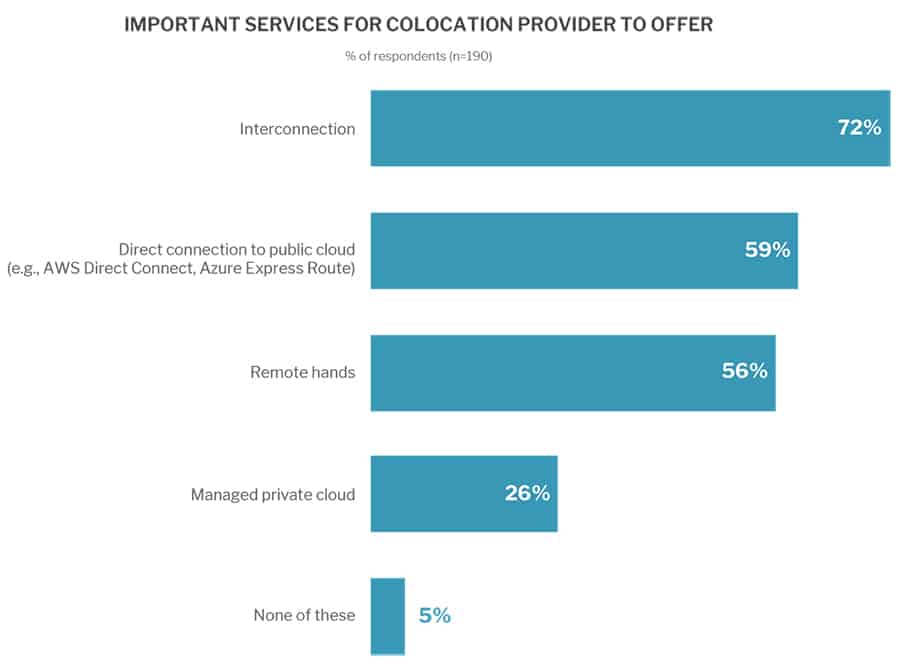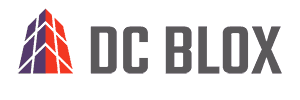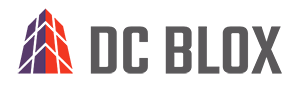
IT teams certainly have their hands full these days. The ability to quickly deploy and scale new applications, improve employee productivity, reduce operational expenses and extend geographic coverage are all benefits of moving applications to the cloud. However, the increasing distribution of IT workloads presents a number of new challenges and questions.
- Which applications do we move to the cloud?
- How do we keep the company’s sensitive data safe?
- What IT infrastructure and data do we need to keep in-house?
- How do we connect to the cloud?
According to a 451 Research survey in 2019 entitled “Voice of the Enterprise: Cloud, Hosting and Managed Services, Workloads and Projects,” 57 percent of respondents have, or plan to implement, a hybrid cloud environment, far outpacing the alternatives. When looking at the results (pictured below), it’s clear that companies are deciding that they need to maintain some infrastructure on-premises. What’s more interesting is that they expect these environments to be integrated. In other words, they need to be connected to share processing loads and data.
Organizations’ Overall IT Approach and Strategy – 451 Research

Hybrid Cloud Options
So, what are companies’ options to connect to the cloud? Connecting via the public Internet is the easiest option, but that may not be the best solution for applications that need low latency and consistent network performance. In addition, many companies are wary of sending sensitive company data over the Internet.
Obtaining a private connection from the company’s business presence or company-owned data center is usually desired, but often it is not very practical. Local communications providers may not have direct connections to major public cloud providers — or they are multiple hops away, and thus they are quite expensive and complex. If businesses are interested in using multiple cloud providers for different applications based upon price or service advantages, the networking challenges can quickly get out of hand.
Colocation for Rich Connectivity
To solve this challenge, an option many businesses are choosing is to include colocation providers in their hybrid cloud strategy. Many progressive multi-tenant data centers like DC BLOX are building robust network connectivity into their data centers, including ramps to public cloud providers. With a software-defined architecture and an ecosystem of partners to connect through, this empowers businesses to get much better connectivity options than they would from their own business locations.
Another 451 Research report confirms the increasing importance of this approach. In its “Voice of the Enterprise: Data Centers 2019” survey, it’s reported that 59 percent of companies that are planning to add colocation space in the next two years believe that direct connection to public cloud is important.
Important Services for a Colocation Provider to Offer – 451 Research

When you also consider that, in the same survey, the second highest reason for leasing colocation space in the first place was for private cloud (at 34 percent), it’s certainly clear that companies are moving to colocation to implement their hybrid cloud objectives.
As IT leaders look for ways to quickly and efficiently address their increasingly distributed IT infrastructure, a Tier 3 colocation data center with rich connectivity warrants serious consideration as a strategic component of IT’s future digital architecture.
Learn more about DC BLOX’s strategic colocation services by contacting us.
About DC BLOX
DC BLOX is a digital infrastructure provider in the Southeast that delivers integrated data center and fiber network solutions to enable hyperscalers, enterprises, communications providers, and technology companies to offer enhanced digital services to their customers and accelerate the region’s economic growth. DC BLOX’s data centers are located in Birmingham, AL; Huntsville, AL; Chattanooga, TN; Greenville, SC, and a cable landing station in Myrtle Beach, SC, with several others in development. For more information, please visit www.dcblox.com, call +1.877.590.1684, and connect with DC BLOX on X, LinkedIn, Facebook and Instagram.
Media Contact:
iMiller Public Relations for DC BLOX
Tel: +1.866.307.2510
Email: DCBLOX@imillerpr.com


